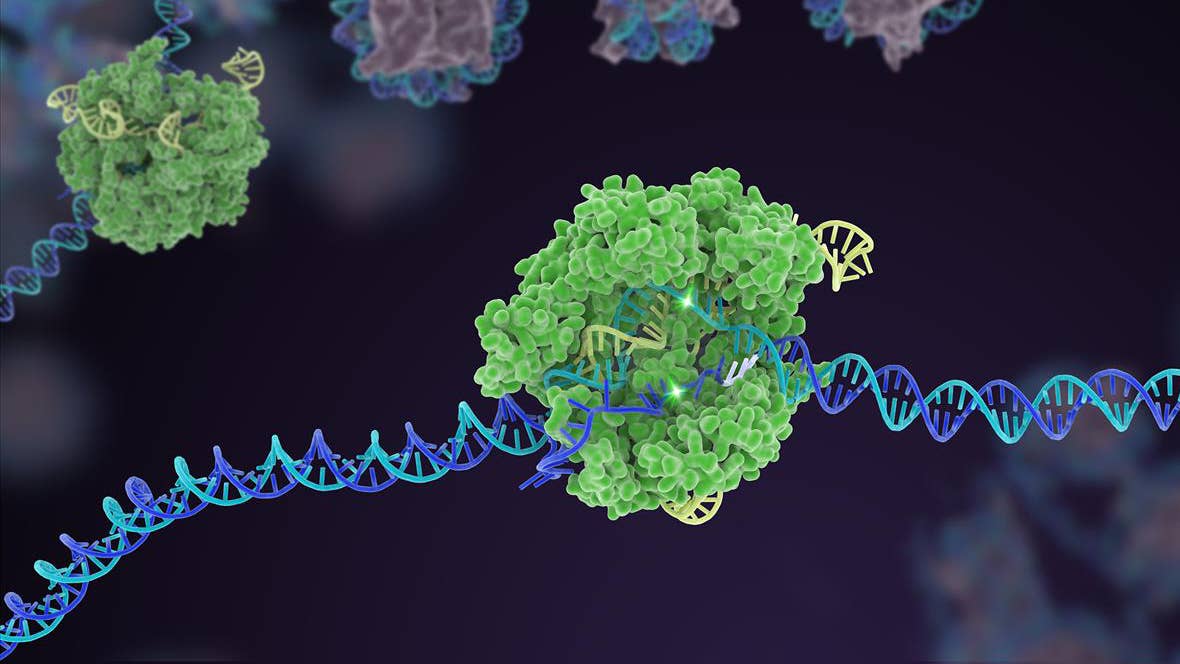Inside SU’s First Salon: Lab-Grown Organs, Cybersecurity, and AI Music Apps

Share
“We will find new things everywhere we look.” –Hunter S. Thompson
At the rate of 21st century technological innovation, each year brings new breakthroughs across industries. Advances in quantum computers, human genome sequencing for under $1,000, lab-grown meat, harnessing our body’s microbes as drugs, and bionic eye implants that give vision to the blind—the list is long.
As new technologies push the boundaries of their respective industries, fields are now maturing, growing, and colliding with one another. This cross-pollination of ideas across industries and countries has changed the world—and will continue to—and it’s one of the reasons Singularity University exists.
The first SU Salon, a gathering for professionals of varying backgrounds but common interest in innovation, recently took place at our campus in Silicon Valley.
The event featured three speakers from distinct sectors—biotech, cybersecurity, and music—and was an open forum to connect with local technologists, innovators, and most importantly, to cross-pollinate ideas.
If you weren’t able to make it, below is a glimpse into each speaker's presentation.
Ryan Bethencourt: The future of biotech
Program Director and Venture Partner at IndieBio
“Our world is built on biology and once we begin to understand it, it then becomes a technology. –Ryan Bethencourt
When most people hear the word biotech they think of syringes, new cancer treatments, and cutting-edge disease therapies. Though this is biotech, it’s just one vertical.
Ryan Bethencourt, a biohacker, entrepreneur, and program director and venture partner of biology accelerator IndieBio, spoke about four primary areas of acceleration in biotech—food, biomaterials, computation, and medicine.
Bethencourt broke down how biology is being applied as a technology in each of these areas and highlighted companies to keep an eye on:
- Food: Impossible Foods—making real burgers that bleed from plant cells. The company recently turned down an acquisition offer from Google for $200 million, so stay tuned.
- Biomaterials: Bolt Threads—brewing spider silk in yeast and turning it into an outstandingly durable material with applications in the industrial space. The company recently raised roughly $40 million in funds.
- Computation: Koniku—pioneering neuron-powered computation by harnessing the power of biological neurons to create the next generation of supercomputers.
- Medicine: Organogenesis Inc.—developing regenerative medicine such as bioactive wound healing and soft tissue regeneration. Next up in this industry may be the ability to build human organs like lungs and hearts.
Siobhan MacDermott: The state of cybersecurity
Principal of Risk and Cybersecurity at Ernst & Young
“[Though] many people in DC know little about Internet security and privacy…[they] are the ones trying to reform it.” -Siobhan MacDermott
When Siobhan MacDermott began working in the field of cybersecurity in the 1990s, companies across the board could not grasp why they needed Internet security software. It seemed foolish and unreasonable. Jump forward to 2016, and the need is clear. It’s projected there will be one million unfilled cybersecurity related jobs in 2020, if we continue at the current rate of education for this field.
Be Part of the Future
Sign up to receive top stories about groundbreaking technologies and visionary thinkers from SingularityHub.


MacDermott is one of the foremost experts on the future cybersecurity and privacy and is principal of risk and cybersecurity at Ernst & Young where she coaches Fortune 100 companies, NGOs, and the government on best practices and strategies for Internet security. She is also the vice chair at the Fund for Peace.
In her talk, MacDermott explored pressing cybersecurity issues such as how to balance surveillance and privacy—a subject gaining global attention, and also one that has been front-and-center in recent US presidential debates.
MacDermott highlighted how, at the diplomatic level, the exchange and security of information is under mass scrutiny, and pointed to additional players, such as “hacktivist” groups like Anonymous, and campaign-aligned corporations.
Tamer Rashad: Democratizing music
Founder and CEO of Humtap
Music, according to Tamer Rashad, founder and CEO of Humtap, allows communities and cultures to transcend traditional boundaries of communication. But it’s expensive to produce high-quality music, and the industry is dominated by three major music labels.
Rashad said Humtap wants to democratize music creation with new technologies such as AI and machine learning to open music production to the masses.
Subscribe to Singularity University's newsletter here to find out about upcoming SU Salons, events, and to receive curated content.
Alison tells the stories of purpose-driven leaders and is fascinated by various intersections of technology and society. When not keeping a finger on the pulse of all things Singularity University, you'll likely find Alison in the woods sipping coffee and reading philosophy (new book recommendations are welcome).
Related Articles

Souped-Up CRISPR Gene Editor Replicates and Spreads Like a Virus

Your Genes Determine How Long You’ll Live Far More Than Previously Thought

Scientists Send Secure Quantum Keys Over 62 Miles of Fiber—Without Trusted Devices
What we’re reading